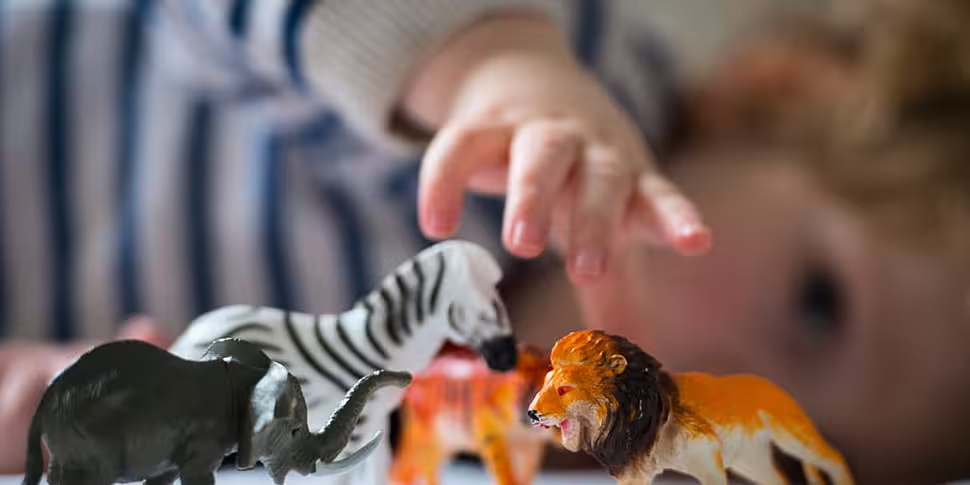A child expert says the ongoing coronavirus restrictions have created "a grief" for many children.
It comes amid a possible easing of COVID-19 restrictions for children, which could be introduced early next month.
The National Public Health Emergency Team (NPHET) is working with several Government departments to examine how some measures could be lifted for under-18s in phase two.
Child and adolescent psychotherapist Dr Colman Noctor says children's lives as they have known them have changed, without many fully understanding why.
He told Newstalk Breakfast with Susan Keogh the re-integration back into school could prove challenging.
"This is unprecedented - so from the point of view of anyone who claims to know how to do this, it's guessing".
He says re-integrating children into the school system "will be a little bit of trial and error, it'll be logistically really difficult.
"But I think from the point of view of: we don't know the impact of the pandemic until we start to return.
"Parents will say 'looks it's grand having the kids at home and they're fine' - some parents will lots of difficulties around that.
"But we won't know the social and emotional deficits until we start to re-integrate."
"It's very hard to predict, if your child is starting school, how they're going to manage the first few weeks.
"You can predict that they're going to be fine, and the kids who we predict will be fine actually find it most difficult.
"The longer this goes on, the longer this - and I hate the phrase 'new normal' - because it's not normal.
"And we need to be really careful around our use of language around children: it's normative because we're all doing it, but it's not normal.
"I see my own children walking down the street and they're jumping two metres away from anybody who looks in anyway old.
"It's unnerving to see that that's how they've adapted to it so quickly, because it's not normal".
He said while the initial approach was to ingrain it as a social responsibility to children, fear seems to have taken over.
"I think we were trying to sell it as a kind of a social responsibility, that that's why we were keeping distance.
"But it's far more effective is being motivated by fear, and that's my worry: that children are now motivated by fear, that they're acting out of that.
"Anything with fear and uncertainty creates anxiety, and the less normal life appears the more accustomed to the abnormal we become and so the return to normal becomes a source of anxiety.
"It's about trying to - again - if we could have some form of timeline for children.
"I've a nine-year-old here who's asking me all the time 'when is my football training coming back' and the answer is 'I don't know' - it's a fairly disgruntling response and it doesn't contain the situation at all.
"Children don't have baseline coping strategies for this.
"As adults, we do - so we've learned how to exist in the world and now we know that we're on pause.
"But this pause button has happened so much earlier in children's development".
"I think for parents we need to be really conscious about the reboarding and reintegration process, and trying as best as we can to prepare them for that by having a sense around how return to school will be, how difficult it will be, what'll be the good things, what'll be the bad things.
"But without a timeline, it does make those conversations very, very difficult".
"Children thrive on structure - they need that almost timetabled existence, because what it does is it provides you with knowledge of what's happening next.
"And without that at the moment I think children are struggling".
"The whole thing around being schooled from home, and trying to learn skills with your parents as your teachers, all the blurring of boundaries.
"Not being able to see grandparents and not really understanding why, there's a lot: there's a grief in this for children.
"They went to school on Wednesday and were told on Thursday 'you're not going back'.
"They were told that their football, their dancing, their gym, their extra-curricular activities were finished, their summer holidays were not going to happen anymore.
"There was a huge amount of loss, and children have been - to a large degree - just told to accept it and move on.
"I think we have to allow children to experience the loss, but at the same time balance that with some hope."









